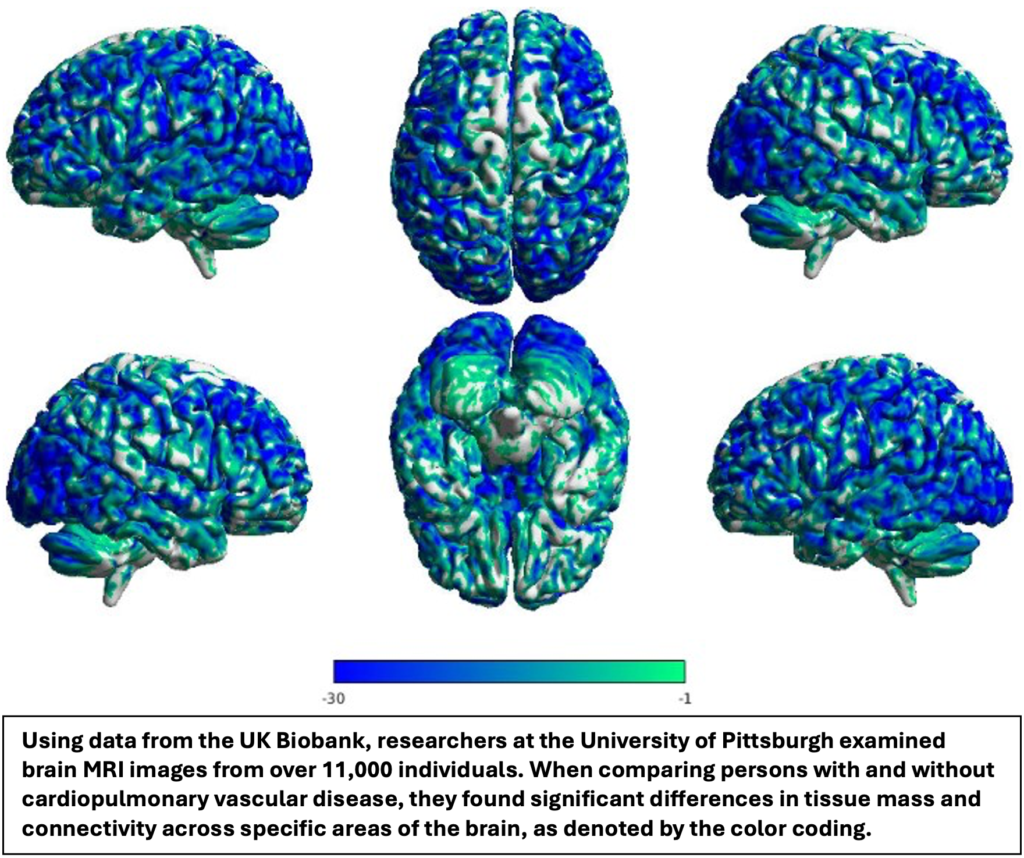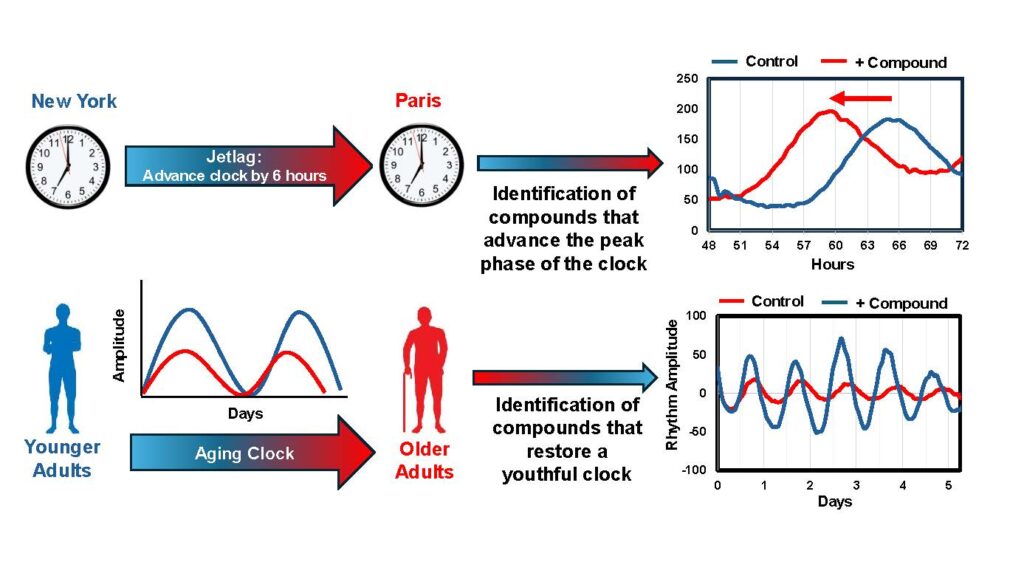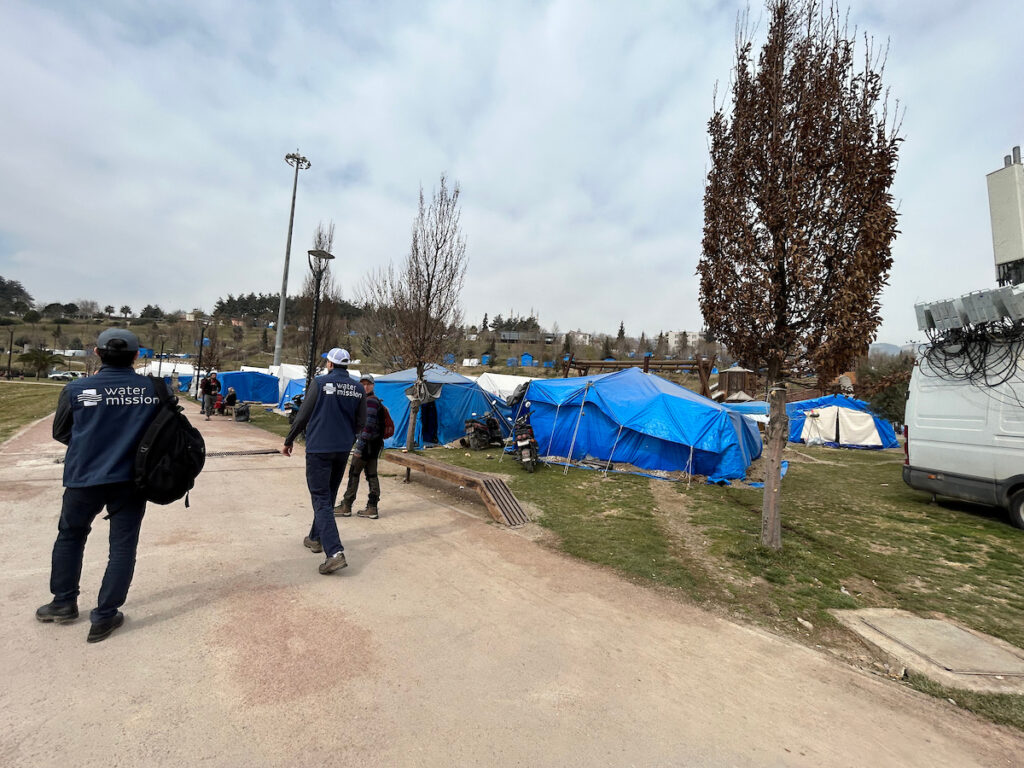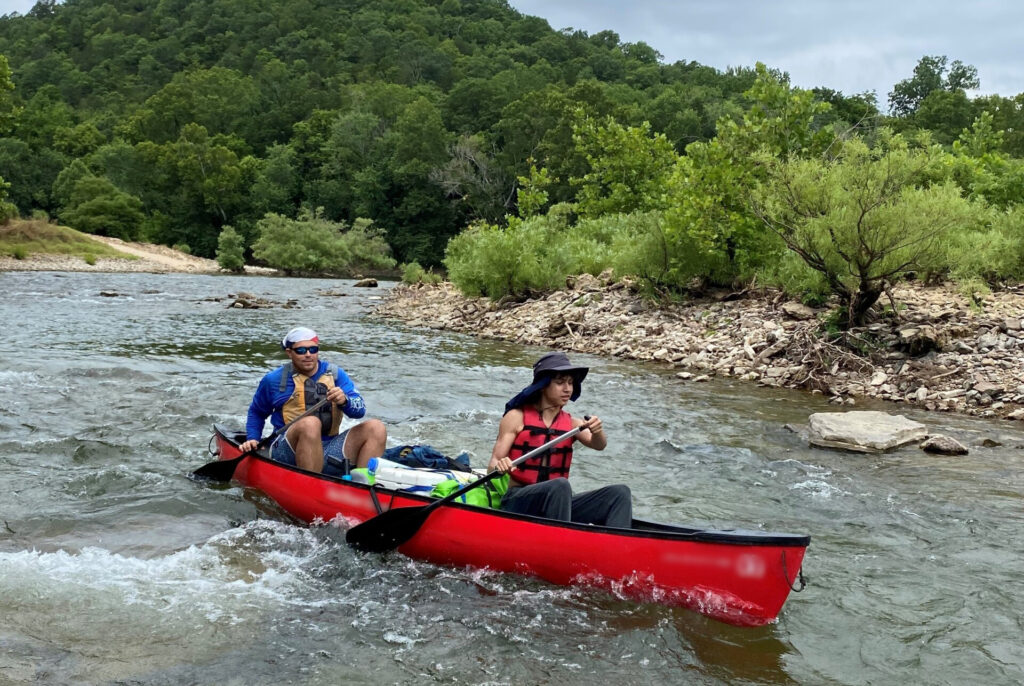This story spotlights a few of WoodNext’s grants in biomedical science, one of the focus areas of our broader science giving. Our approach to science funding illustrates one of our key principles: using philanthropy to fill existing gaps. Our science grants fund people, projects, or organizations that may not otherwise have the government or philanthropic support to achieve their aims.
Below, we highlight a few of the recent projects we have supported on the science of aging/cognitive decline and chronobiology (the study of biological rhythms).
Biological Aging and Cognitive Decline

We support over 10 research projects on aging, including understanding aging-related diseases such as Alzheimer’s and therapies to mitigate or cure them. For example, we fund research into how nutritional supplements can promote healthy aging—an area that is underfunded because supplements do not have the commercial potential of pharmaceuticals. Below we describe a significant grant we have made related to the science of aging.
University of Pittsburgh School of Medicine: Dementia and Cardiovascular Disease
WoodNext is supporting the University of Pittsburgh’s research on how inflammation drives heart disease and dementia—two of America’s deadliest and costliest conditions. While inflammation’s links to chronic diseases of aging are known, its role in connecting cardiovascular and neurological systems remains unclear.
To date, the university’s investigators have discovered two genetic causes of inflammation connected with vascular diseases and dementia, and are developing new drugs that target those causes. They are also conducting a first-of-its-kind human clinical trial to evaluate whether an anti-inflammatory drug prevents cognitive and physical decline in older adults.
This year, WoodNext’s support helped the team secure a prestigious award from the American Heart Association’s Strategically Focused Research Network (SFRN) on Inflammation in Cardiac and Neurovascular Disease. This recognition enabled the establishment of the Center for Cardiopulmonary Vascular-Brain Research at the University of Pittsburgh, a milestone made possible by WoodNext’s transformative investment.
Chronobiology

Many of our grants have targeted research on the biological clock and its role in various conditions, such as jet lag. The “biological clock” refers to the system that regulates an organism’s sense of time and its physical, mental, and behavioral changes over a 24-hour cycle. While research on the biological clock has existed for centuries, recent years have seen more of a focus on understanding how disruptions to the biological clock affect organ-system functioning.
Texas A&M University Center for Biological Clocks Research
Texas A&M University has created a center to coordinate research and education among 15 circadian rhythms researchers and the Texas A&M University System Health Science Center. The circadian rhythm is the body’s internal clock that controls daily cycles of behavior and physiology. When disrupted, it can lead to various diseases. The circadian rhythm can also weaken with age, contributing to many age-related diseases. WoodNext’s grant is supporting research on treatments for jet lag and aging by understanding and targeting the biological clock.
The goal is to discover drugs that can quickly adjust the biological clock and enhance day-night rhythms to address aging-related diseases. Researchers have identified compounds capable of shifting the biological clock to help moderate jet lag. Additionally, they have identified compounds that restore a healthy rhythm in the biological clock and extend lifespan. After validating these findings in mammalian cells, these compounds could be evaluated for efficacy and safety in human trials.



